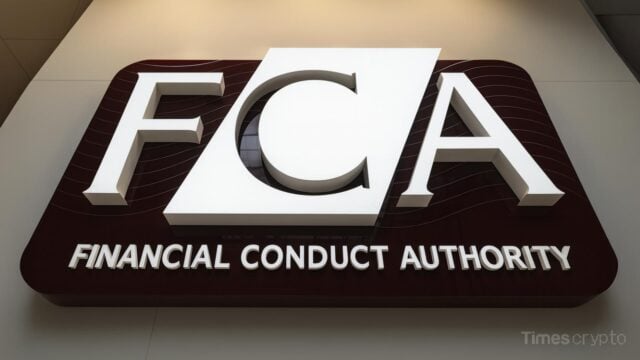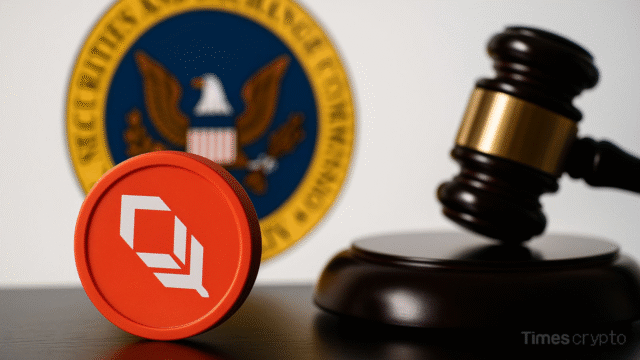Key Takeaways:
- Regulatory deadline: Unlicensed crypto firms must cease overseas services by June 30 or face penalties up to S$250,000 (~$185,000).
- No loopholes allowed: The Monetary Authority of Singapore (MAS) prohibits offshore intermediaries or “remote management” from Singapore to bypass rules.
- License-only operations: Only firms with Digital Token Service Provider (DTSP) approval can serve international clients.
- Growing crypto adoption: 26% of Singaporeans hold digital assets, driving stricter consumer protections.
Singapore Draws a Hard Line on Crypto Compliance
The Monetary Authority of Singapore (MAS) has issued a final notice to unlicensed crypto companies to end overseas operations by June 30 or face large fines. The announcement, made Friday, cites firms that are “trying to serve global markets” without Digital Token Service Provider (DTSP) licenses under Singapore’s Payment Services Act.
Notably, MAS closed potential loopholes, banning firms from:
- Using third-party intermediaries to funnel overseas business.
- Relocating operations abroad while managing them from Singapore.
For instance, cross-border services without licensing expose users to unfair practices and financial misconduct, which is a serious matter while trying to onboard users to the crypto space.
Why MAS Is Tightening the Screws
1. Consumer Protection
With 29% of Singaporeans owning crypto, per Independent Reserve Cryptocurrency Index (IRCI) data, MAS aims to curb scams and unregulated speculation.
2. Killing Regulatory Arbitrage
The rules prevent firms from exploiting Singapore’s reputation while dodging local oversight, a growing trend in Asia’s crypto hub race.
3. Precedent for Global Regulators
Singapore’s move could inspire similar crackdowns in Hong Kong, Japan, and the EU, where offshore crypto operations face scrutiny.
Industry Impact: Who’s Affected?
- Exchanges: Unlicensed platforms like Bybit (which exited Singapore in 2023) must now fully disengage from overseas users.
- OTC Desks & Custodians: Face audits to prove no “backdoor” overseas services.
- Startups: Early-stage firms without DTSP applications may pivot or shutter.
Licensed entities (e.g., Coinbase Singapore, Crypto.com) remain unaffected but must avoid servicing blocked jurisdictions.
Singapore’s Crypto Paradox: Adoption vs. Regulation
Despite strict rules, crypto use is rising:
- 45% of Gen Z/millennials hold digital assets.
- 67% plan to use crypto for payments, per surveys.
Yet barriers persist for Singaporeans, with 60% of users citing complexity and 54% noting limited merchant acceptance.
Conclusion: A Watershed Moment for Crypto Compliance
The deadline set by MAS signals that Singapore will not tolerate “light-touch” crypto globalization. While the rules may incentivize some firms to shift operations to Malaysia or Dubai, they serve to solidify Singapore’s emphasis on quality (rather than quantity) in digital financial services.
Will other regulators follow Singapore’s lead? With the June 30 deadline around the corner, the industry will look for a domino effect in Asia.
For more on global crypto regulations, read our article on: Thailand Orders to Block Five Unlicensed Crypto Exchanges







